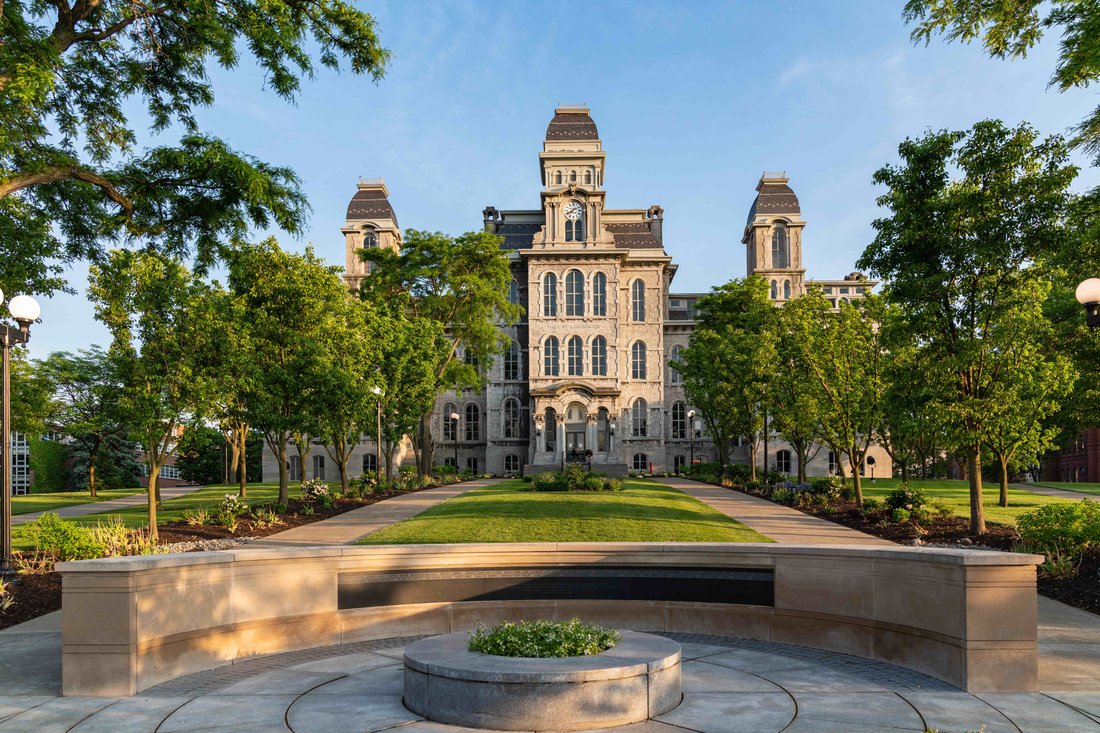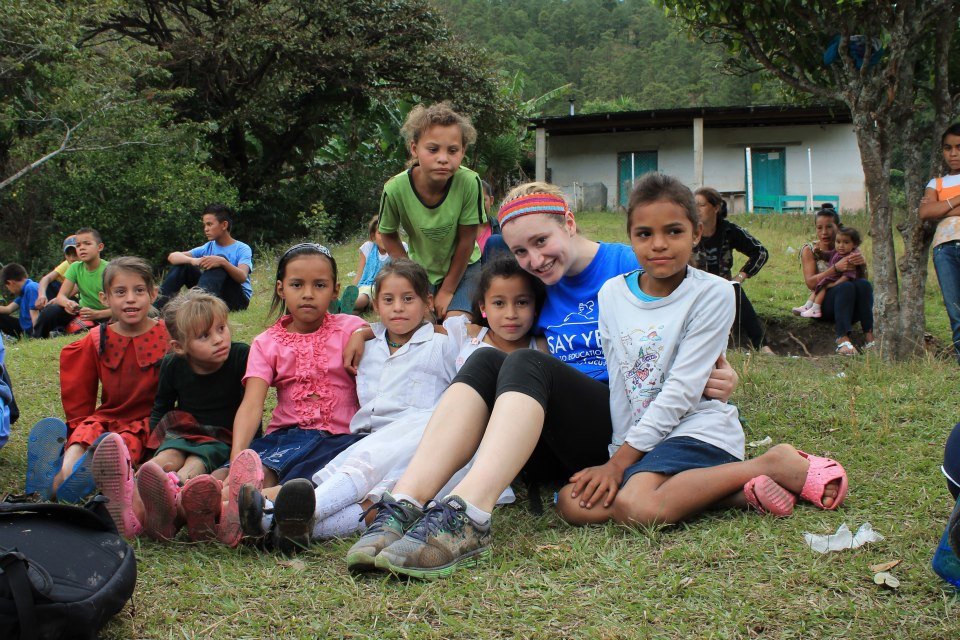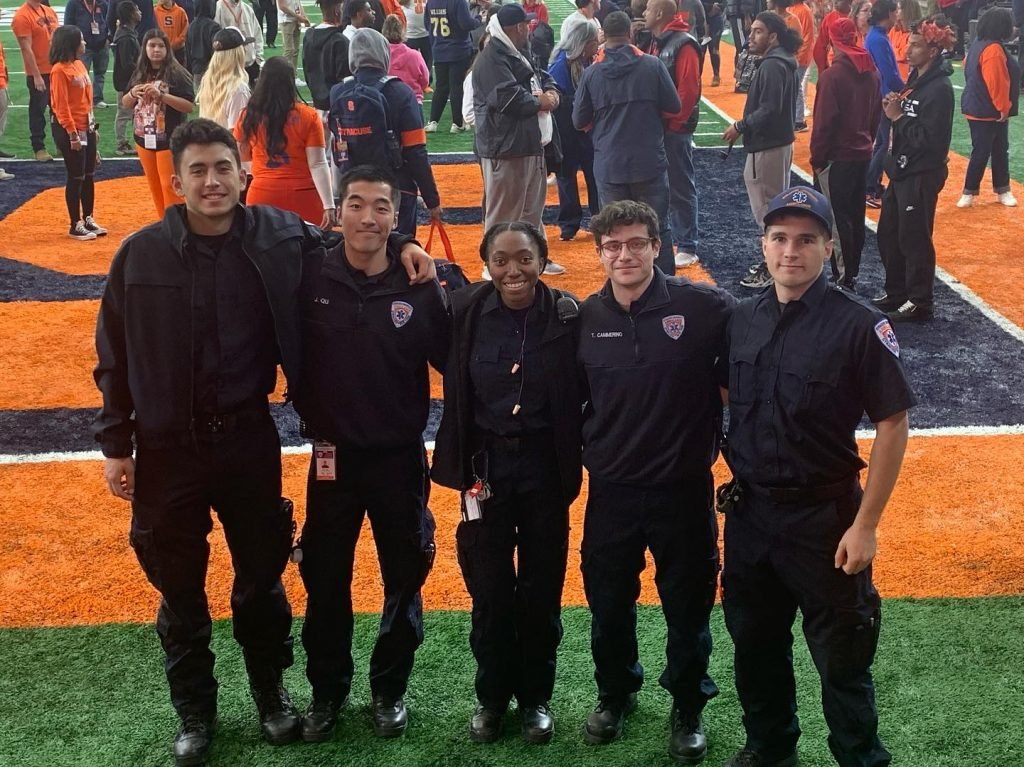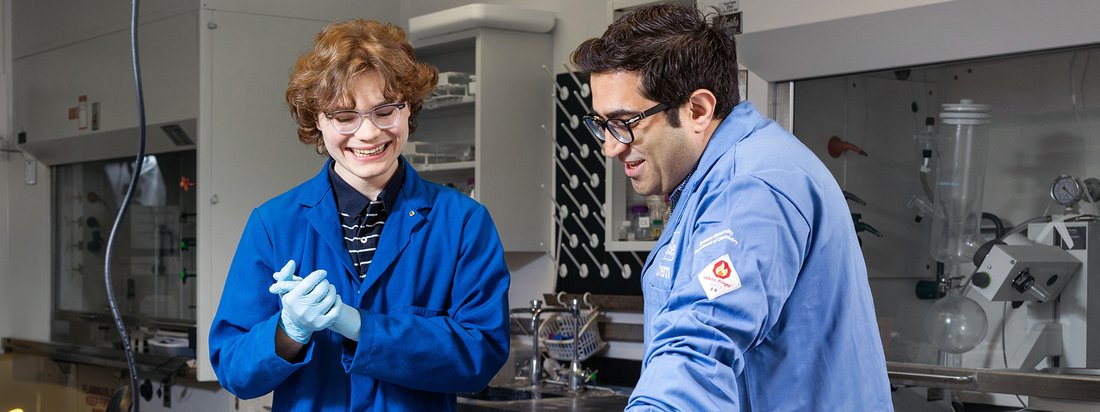
College of Arts and Sciences
Curriculum
As a health humanities student, you will take core requirements in areas such as medical ethics, bioethics and sociology. Then, you’ll choose from elective courses across the following categories: health and global concerns, health and social concerns, stages of life, health in communities, and health and communication. Finally, during your senior year you will complete a capstone course that requires a capstone project.
- Compare and apply some theories and methods in the humanities and social sciences, as they relate to claims about health, illness, disability or health care.
- Apply knowledge specific to the health humanities to communicate and critically evaluate one’s own experiences in health-related settings.
- Demonstrate adequate knowledge of different cultural and historical understandings of health, illness, and/or disability, as well as an understanding of social determinants of health and health inequalities.
- Engage in moral reflection about questions related to health, illness, disability and/or health care, in a way that is well-informed and culturally sensitive.
- Demonstrate a situational recognition of when and how to apply health humanities competencies, such as empathetically considering diverse perspectives, and communicating from a place of empathy as a health professional or patient.
- Complete a capstone research project that demonstrates cumulative learning in the health humanities, and present the project to peers.
The health humanities major is an integrated learning major, meaning that it must be paired with a primary major. The primary major determines whether a student will graduate with a B.A. or B.S. degree. For example, a student who pursues the B.A. in psychology alongside their health humanities coursework will graduate with a B.A., whereas a student who pursues the B.S. in biology alongside their health humanities coursework will graduate with a B.S.
Extracurricular Opportunities
Global Medical Brigades
Global Medical Brigades is an international movement of students and medical professionals working alongside local communities and staff to implement sustainable health systems. Student volunteers travel to assist health care efforts in remote, rural and under-resourced communities in Honduras, Panama, Nicaragua and Ghana, where there is otherwise limited or no access to health care. Global Brigades also supports communities with economic development, sanitation and clean water projects, and uniquely implements these programs in a holistic model to meet a community’s health and economic goals.

Rebecca Lee Pre-Health Society
The Rebecca Lee Pre-Health Society—named after Rebecca Lee Crumpler, the first African American woman in the U.S. to earn an M.D.—is a student organization designed to promote and encourage a diverse group of pre-health students to attend professional health schools, including those for medicine, physician assistant, physical therapy, public health, pharmacy and other health careers. Students from all majors are welcome to join this organization.
Syracuse University Ambulance
Syracuse University Ambulance is a volunteer group of students who provide intermediate life support, transport, rapid cardiac defibrillation as well as non-emergency transportation on and around Syracuse’s campus. Members are EMT-certified by trained professionals and respond to more than 1,500 calls for emergency service every year, providing 24/7 coverage for the community.

Learn more about this program

